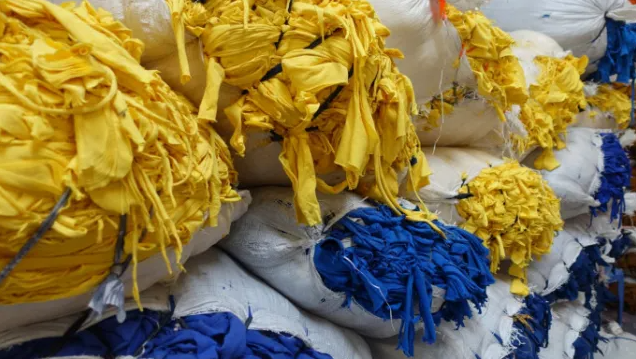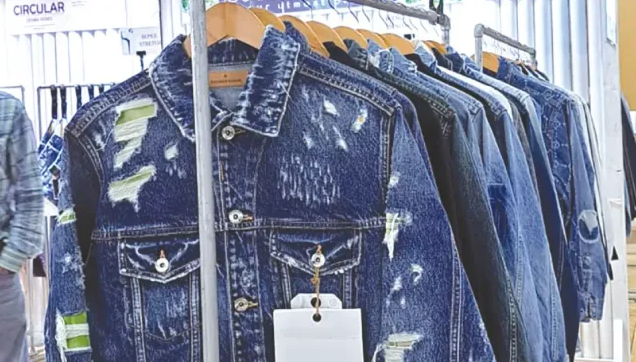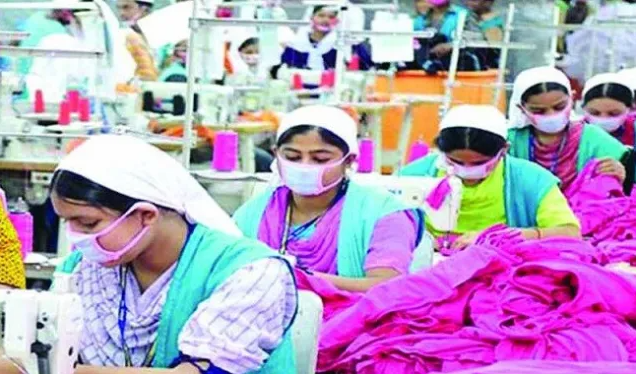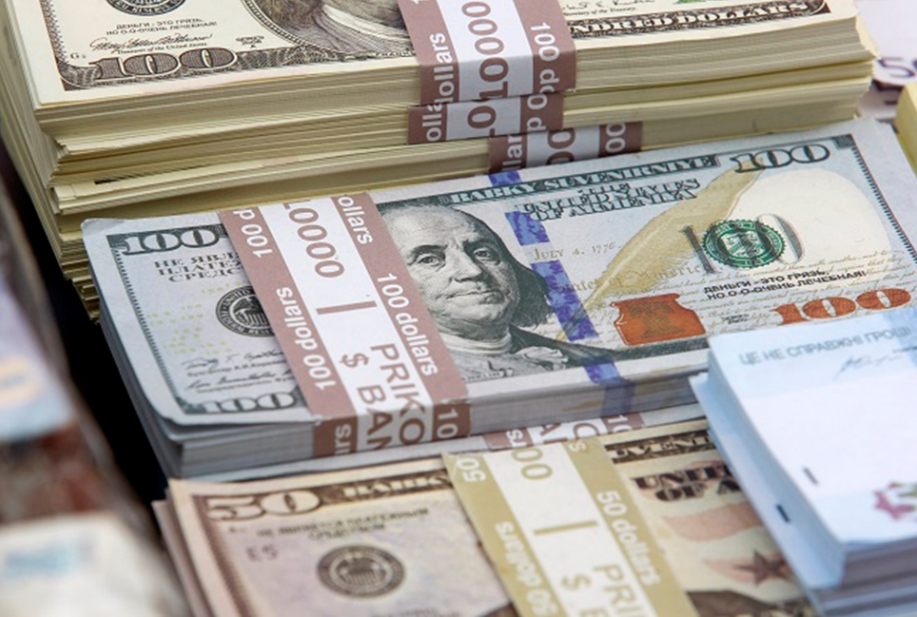Bangladesh Bank eases import rules for textile raw materials
To facilitate easier importation of specific goods, the Bangladesh Bank (BB) has directed all banks to relax the cash margin rate related to the initiation of import letters of credit (LCs) for 10 types of products, among which are textile raw materials. A recently issued BB circular stated that the directive stipulates that banks should […]
Bangladesh Bank eases import rules for textile raw materials Read More »










